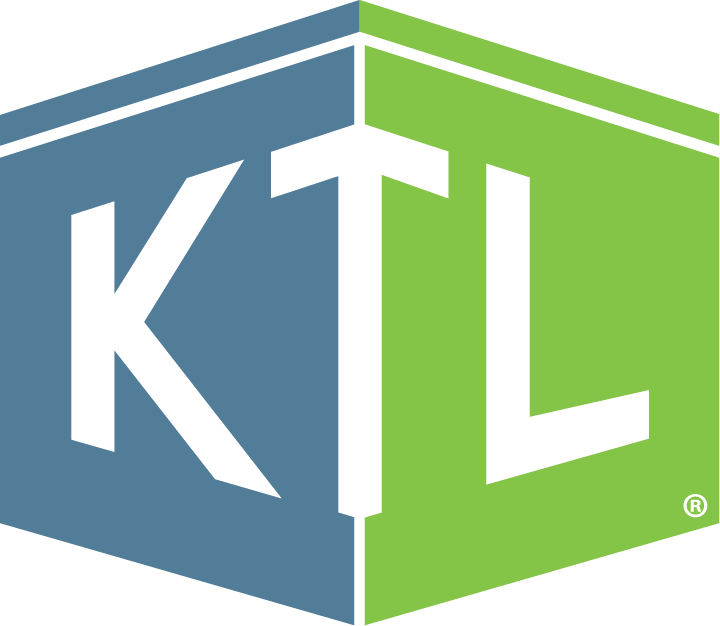
Food Safety
Comments: No Comments
The Food Safety Modernization Act (FSMA) includes new requirements for food site inspections. Beyond that, the Act increases the frequency of established inspections. For example, FSMA mandates that high-risk facilities must be inspected within five years of enactment and no less than every three years following the initial inspection. The Act also requires inspection of at least 600 foreign facilities initially and double that number every year for the next five years. Routine inspections from FDA and other enforcement agencies will continue based on schedules to be communicated.
With FSMA rules moving to the compliance stage, food companies must prepare to best respond to the requirements and, correspondingly, to additional inspections beyond GFSI or as part of customer requirements.
Be Prepared
Inspectors will focus heavily on new requirements and the “letter of the law”. Therefore, a well-established inspection program and response that is implemented and tested will help to achieve the most favorable outcome. This is an important area to address, especially given the many changes in compliance under FSMA, greater scrutiny under GFSI, and a rapidly changing responsibility for food safety management resources. It is critical to have established roles, planning, and testing as part of any inspection readiness program.
Inspection Agencies
As reported, the FDA is underfunded to conduct the scheduled inspection of food operations under FSMA. While many inspections will be administered by the FDA, which will continue to expand internal resources, some local agencies are already under contract for conducting inspections that will be much more detailed than visits from them in the past.
These local regulatory agencies, including state health departments, are providing the “boots on the ground” to conduct inspections for direct compliance under FSMA or as a means of communicating more serious issues to the FDA. Based on recent experience, more critical issues are being raised to the FDA level for final action.
Roles and Responsibilities
Regardless of a company’s experience with FDA compliance audits, the new rules and Section 117 cGMPs will require more formalized programs and strong evidence of compliance through internal audits and oversight by Qualified Individuals. Additionally, organizations under the FSMA Preventive Control Rule must have multiple Food Safety Plan Qualified Individuals, Qualified Auditors, competent sanitation management, and competent plant operators. Ultimately, all food company employees must be prepared for their roles in an FDA compliance inspection.
Planning
As preparation for FDA inspections, companies must establish a program to best address an inspection. The focus must be on compliance to FDA, FSMA, and internal requirements—with the inspection providing this for the company in question. The biggest concern is gaps in compliance or known non-compliances; however, with FSMA there is no tolerance or excuse for ignorance.
A response procedure should be well-orchestrated to meet and respond to the representative of the FDA or the agency visiting the site for an FDA inspection. Along with the immediate response to any inspection (including those planned and those unplanned), food companies should consider the following:
- Completely develop an FSMA Food Safety Plan to ensure that it is aligned with a possible audit and includes reference to all supporting programs, cCMPs, resource qualifications, and records. The plan must be developed under the oversight, validation, and verification of preventive controls Qualified Individual, as trained, qualified and designated.
- Have the most appropriate organizational structure (i.e., with Qualified Individuals, Qualified Auditor, sanitation leads and food plant operators) to meet FSMA resources and minimize the organizational impacts.
- Regularly review the FSMA Food Safety Plan as part of a general and management review process, including the internal audit by the Qualified Auditor, to ensure the up-to-date compliance of the Plan.
- Review all records to maintain verification requirements for FSMA, as required by Section 117. Ensure that all records are complete, validated, and verified.
- Conduct mock regulatory inspections to ensure readiness and understanding of the responsibilities of each employee based on their roles in the process. This should include following the program and confirming all actions, roles, and responsibilities. All improvements from this process should be updated into programs and implemented for possible inspection purposes.
- Ensure compliance with all other regulatory requirements, including FSMA Sanitary Transportation, Foreign Supplier Verification, site registration, and any other related regulatory requirements.
- Confirm compliance with Management of Change (MOC) to ensure that all building, equipment, and process changes are reflected in current Food Safety Plans and Section 117 cGMPs. This must include product-level specifications, including packaging, ingredients, and processing.
- Document and update review and mock drills of regulatory inspection programs with any non-conformances addressed as quickly as possible. Consider the process for verifying the inspector’s credentials, opening the session, and ensuring that all required personnel or backups are onsite in the case of an inspection. In cases where all cannot be present or for outside contacts, ensure availability of ownership, corporate compliance management, and designated legal counsel.
Compliance with both FSMA and GFSI requirements means fully conforming with the other. A non-conformance to the GFSI food safety system represents a potential FSMA violation; correspondingly, lack of conformance to FSMA can be a non-conformance to GFSI certification. Criminal violations for non-compliance to FSMA begin with misdemeanor charges starting at $250,000 and up to one year in jail. With these consequences on the line, the importance of FDA inspections must be taken very seriously.
